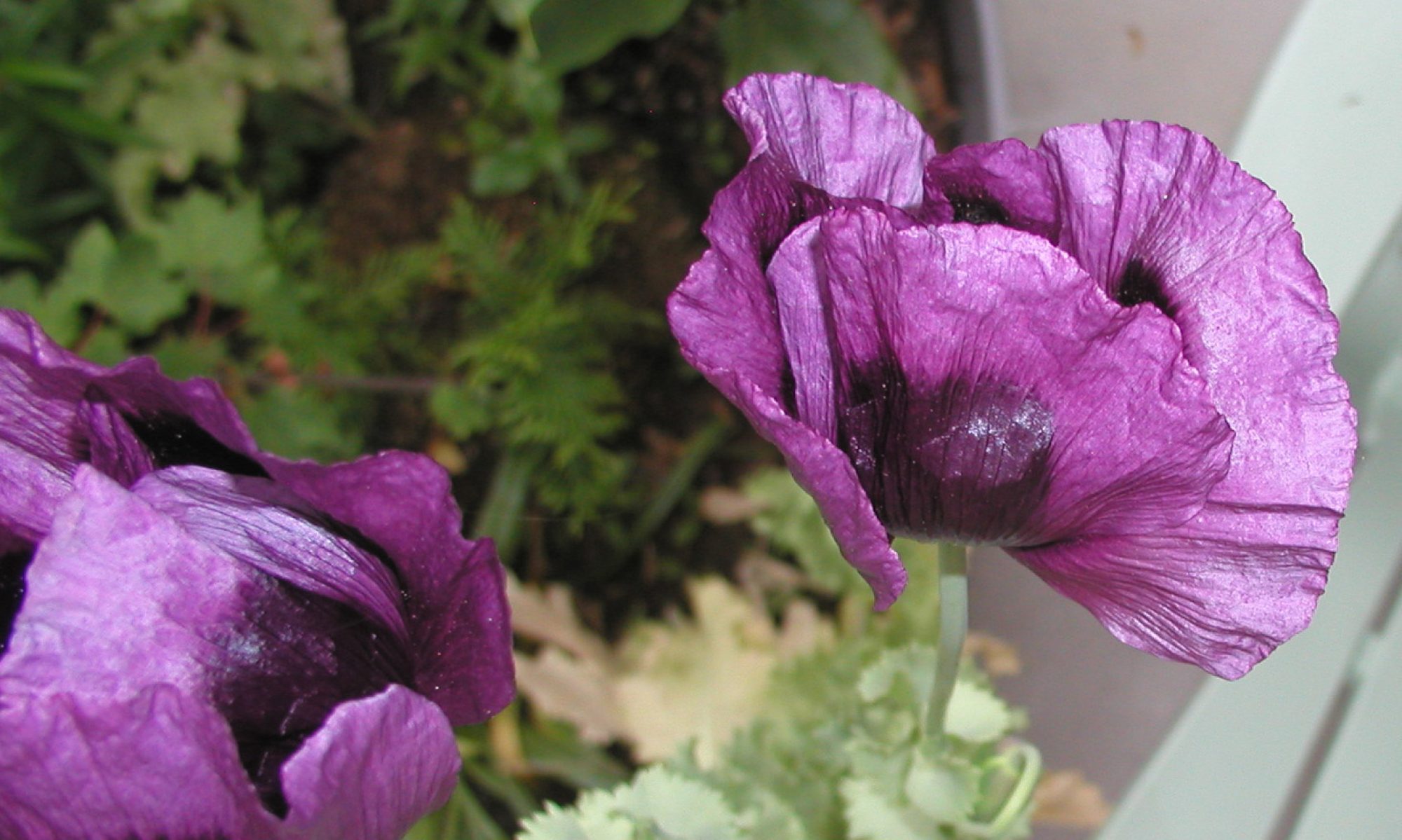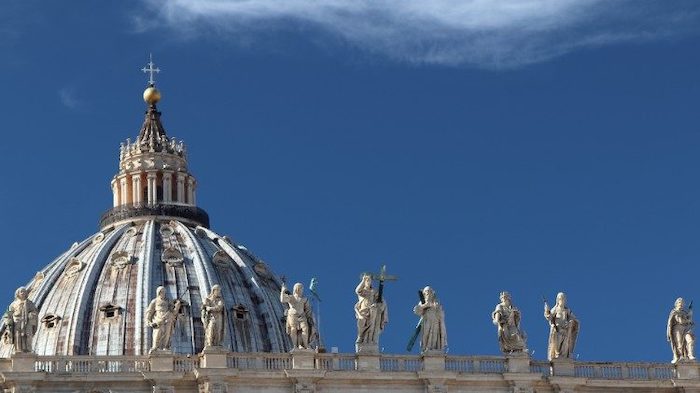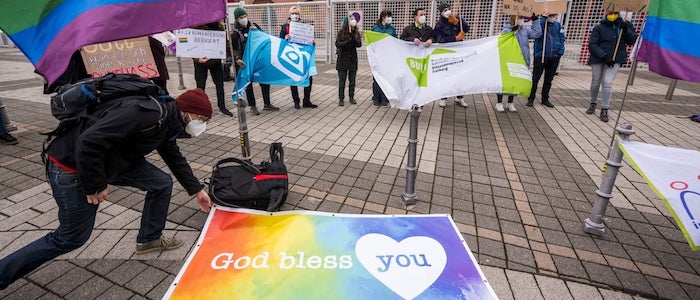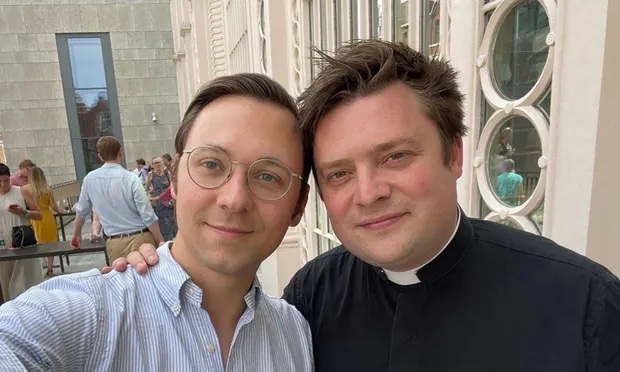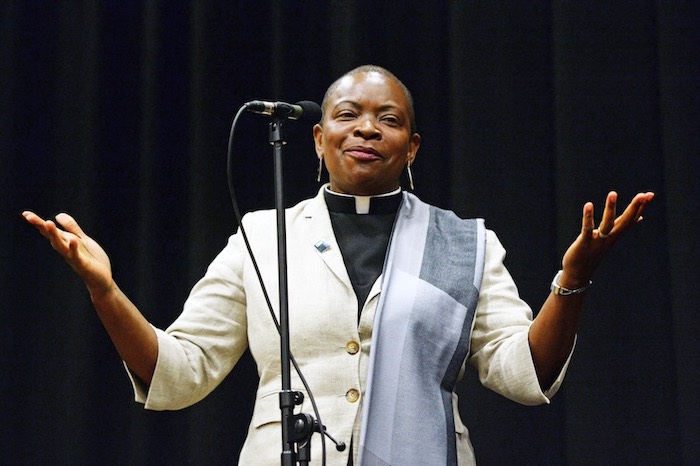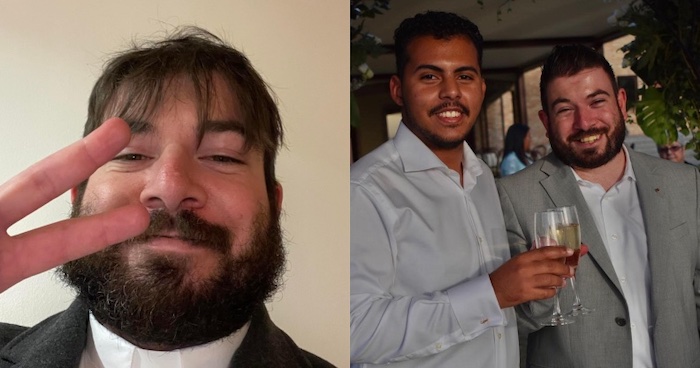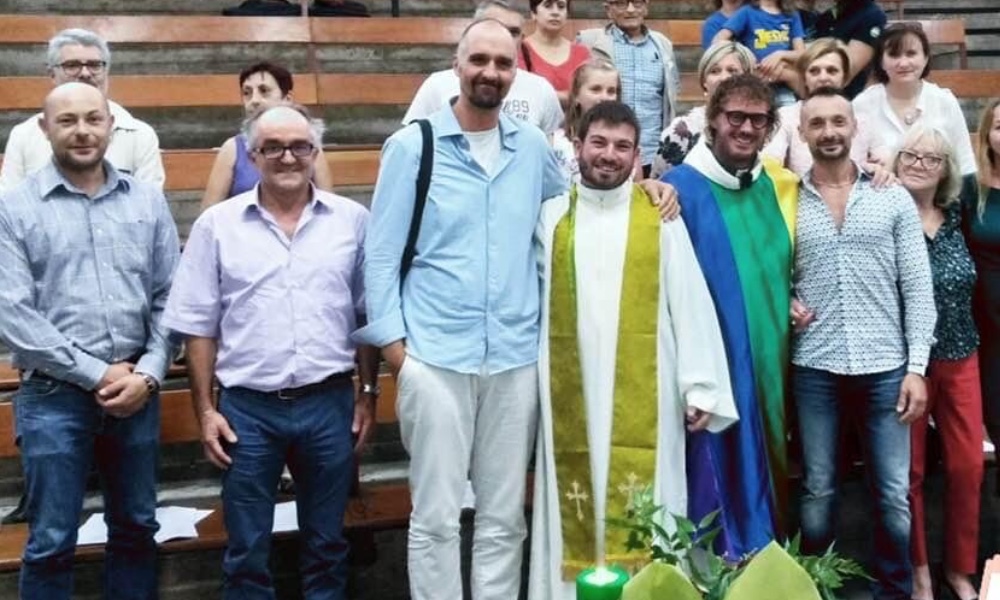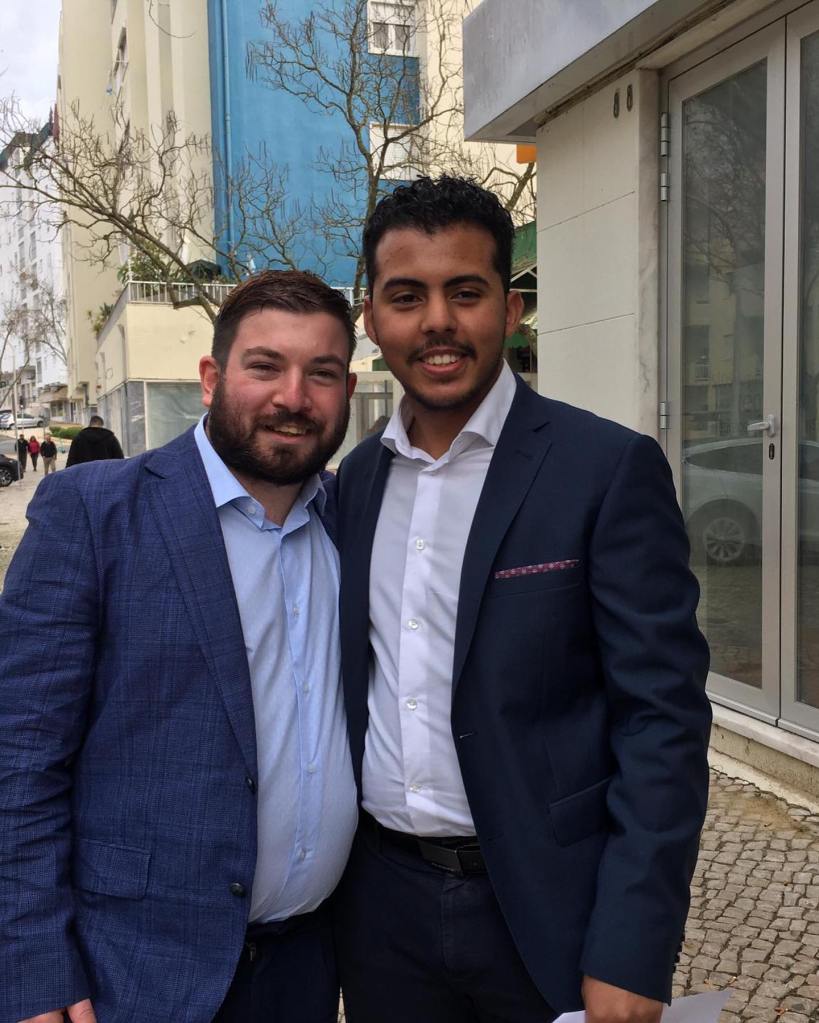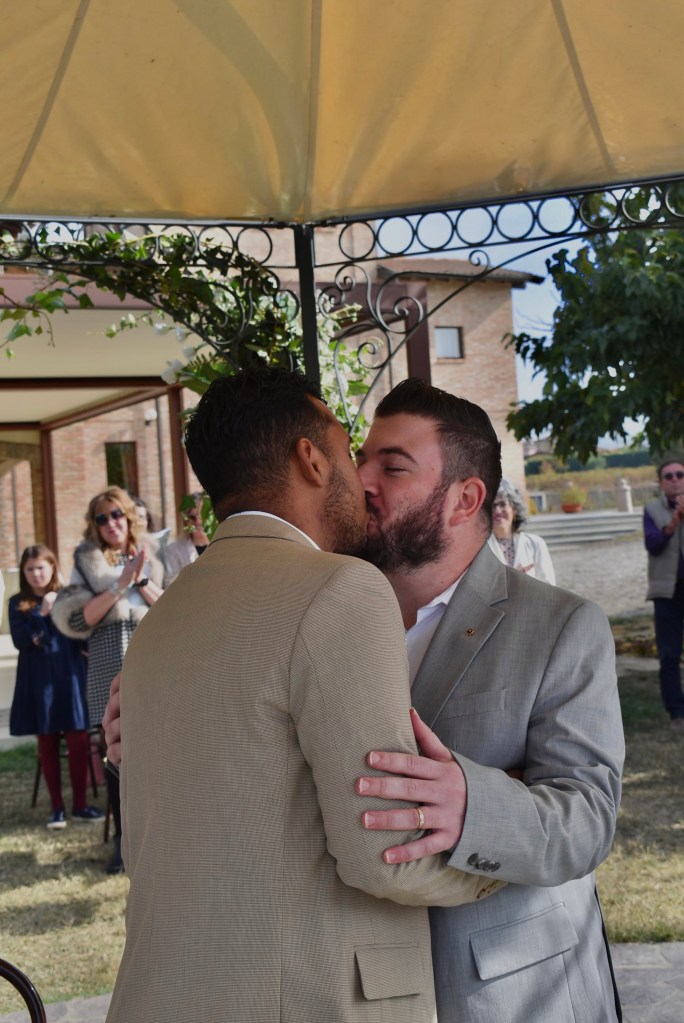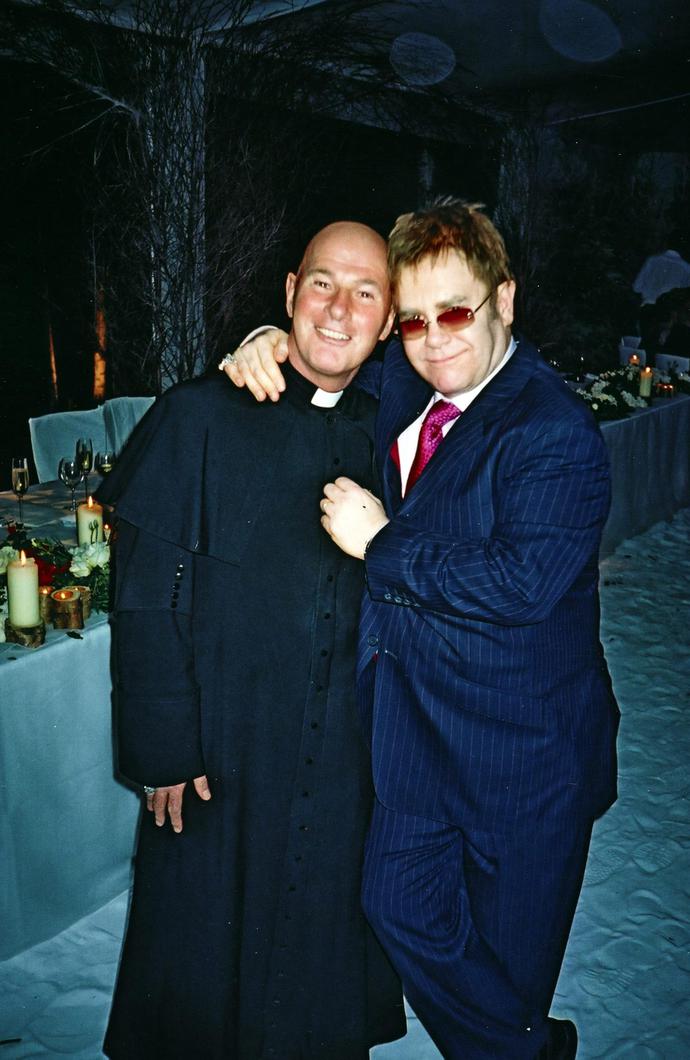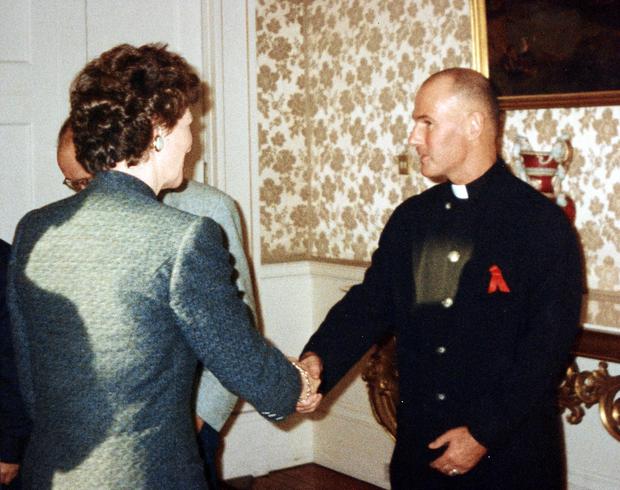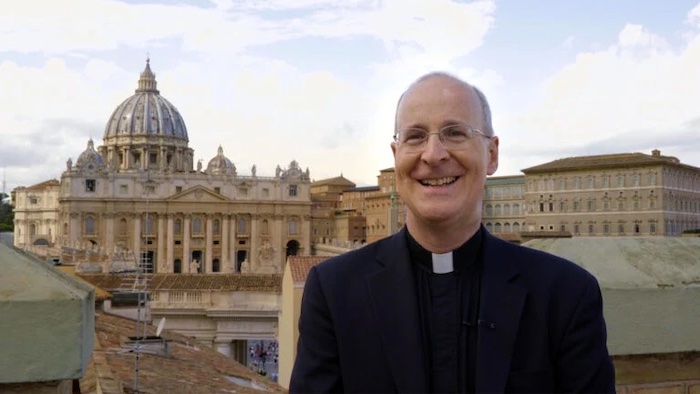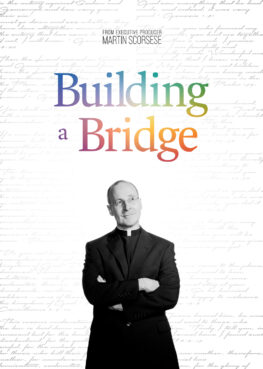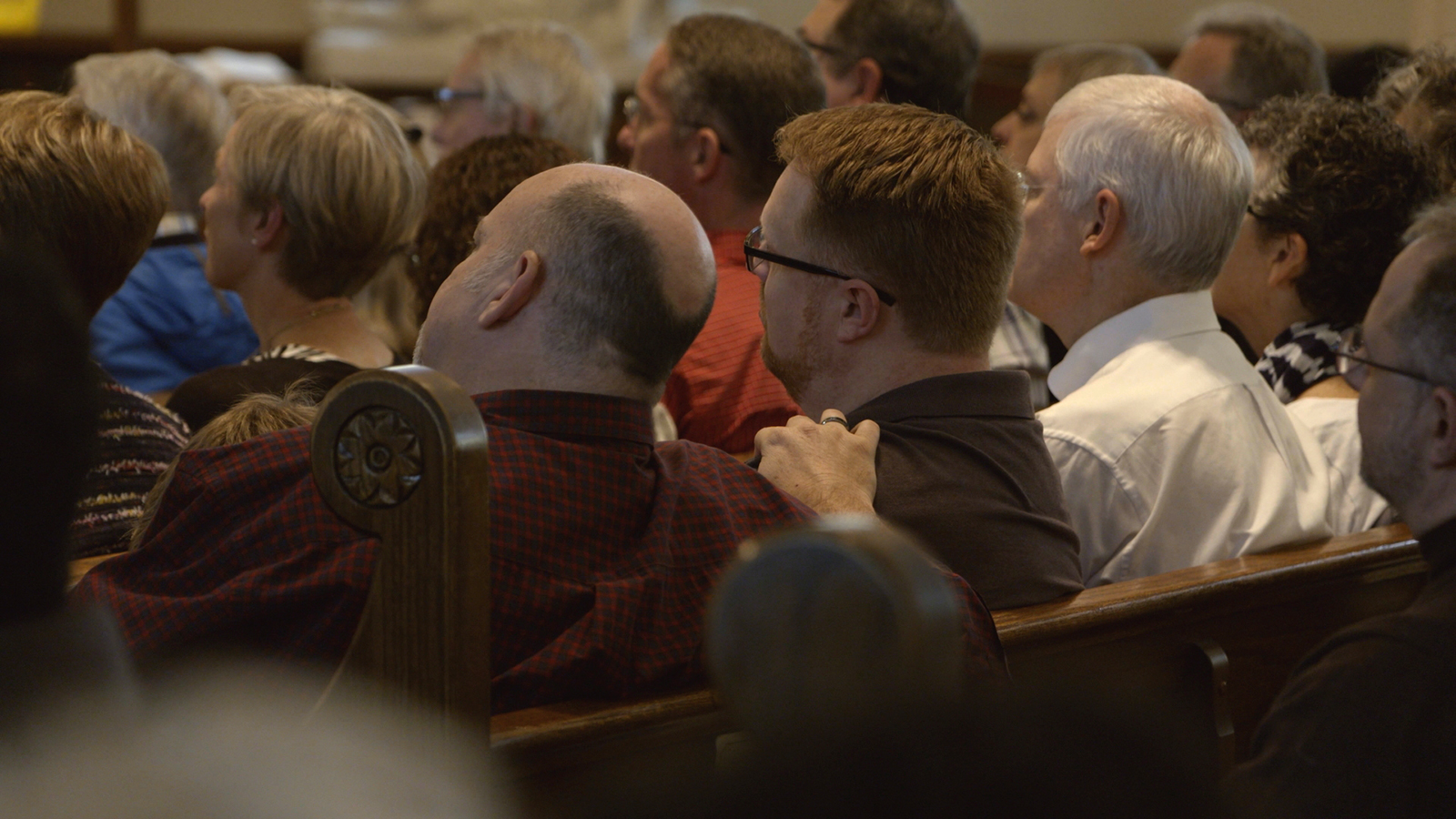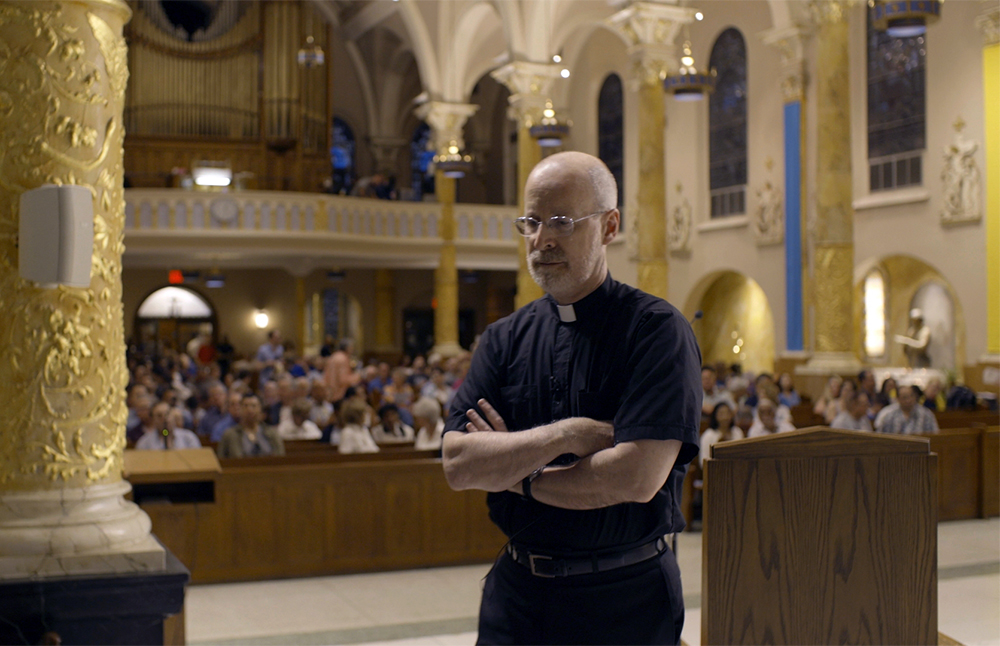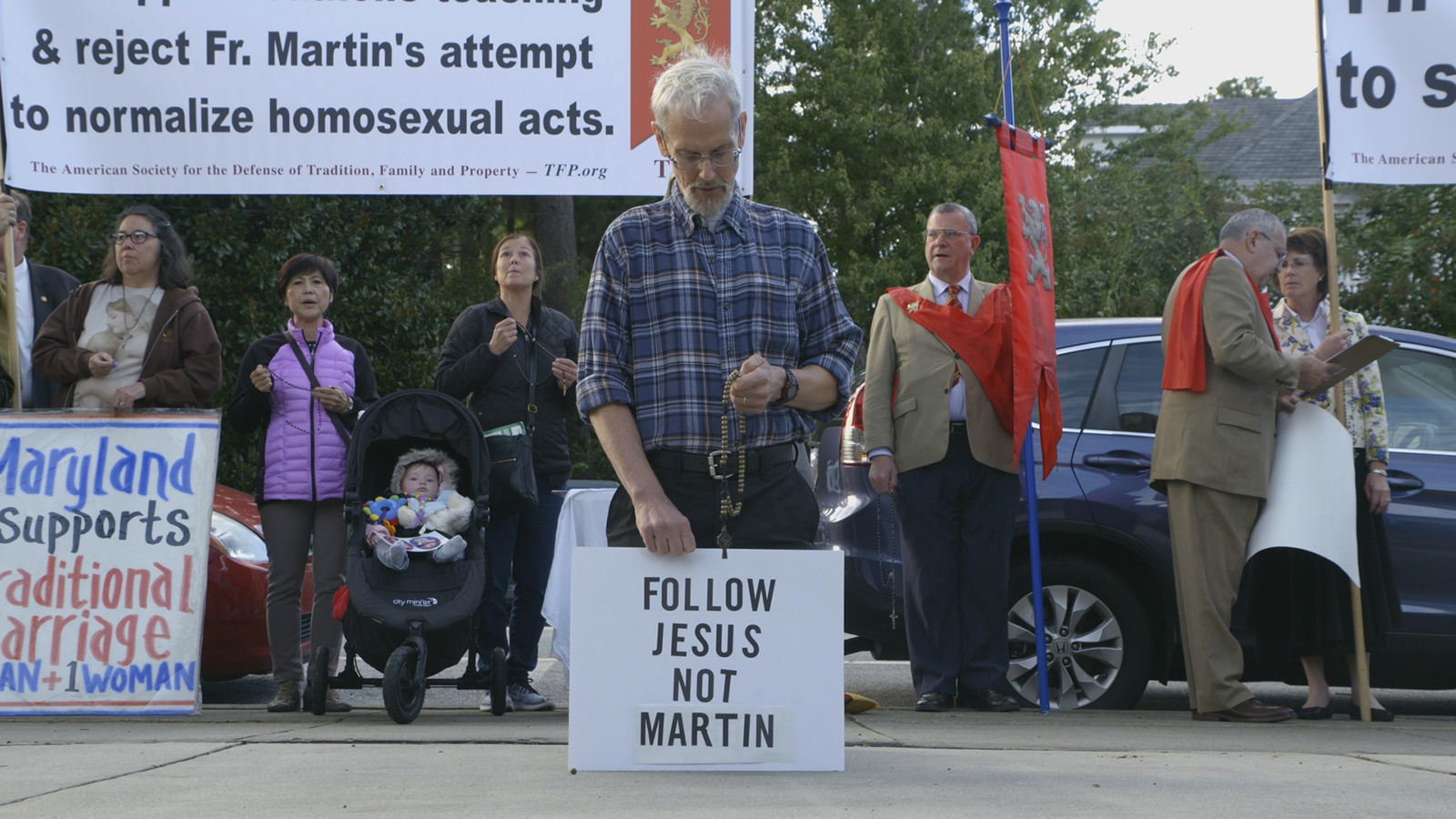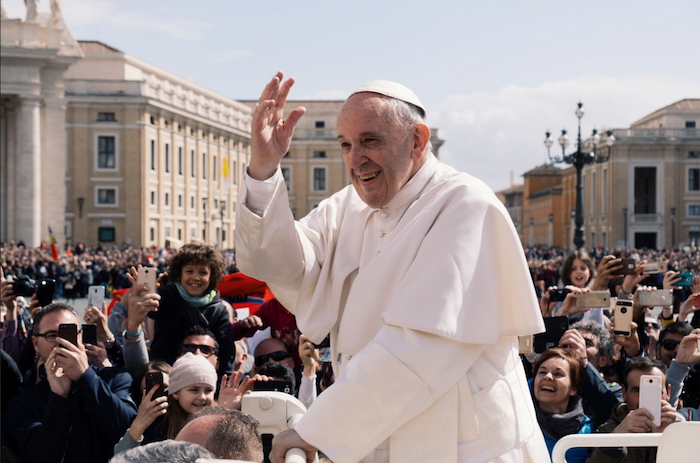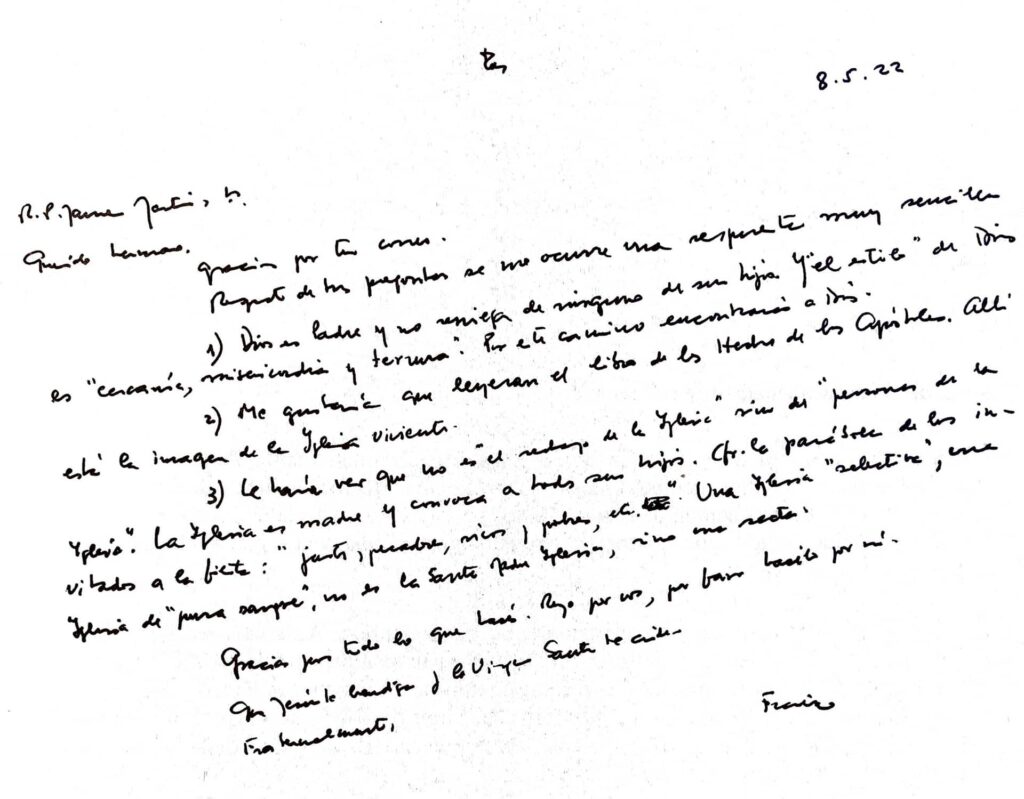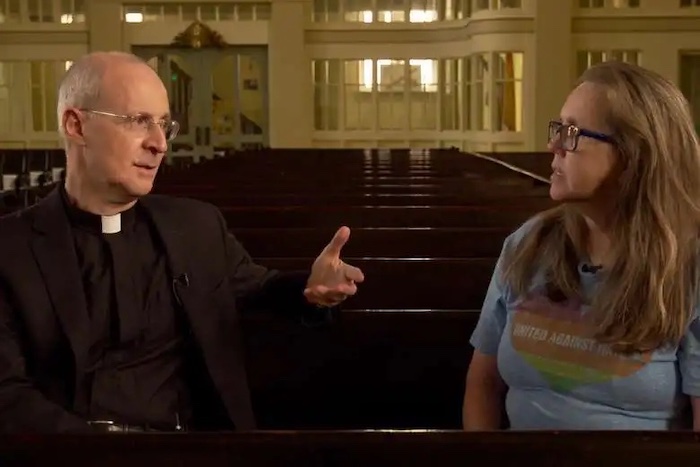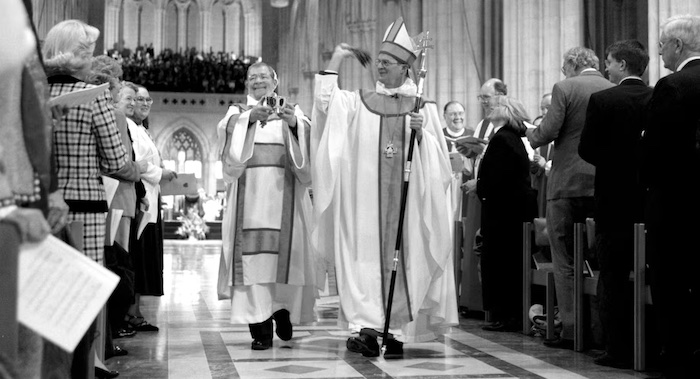
By Brian Murphy
Just before dusk on Nov. 2, 2003, Bishop Frank Griswold III looked out at more than 3,000 congregants, clergy and protesters at the University of New Hampshire’s ice hockey arena. He was moments away from consecrating the first openly gay bishop in the Episcopal Church.
Now was the time, the Rev. Griswold told the crowd, for anyone to raise an objection. He knew what was coming. For months, the planned elevation to bishop of the Rev. V. Gene Robinson had tested the unity within the Episcopal Church in the United States and its bonds to other Anglican communities around the world.
The atmosphere was so tense that the Rev. Griswold and Robinson wore bulletproof vests under their robes.
A few people walked out of the arena in a show of opposition. Some shouted insults. A priest from Pittsburgh began to describe sexual acts between men. “Spare us the details,” the Rev. Griswold said, cutting him off.
In the end, the ordination went ahead with a mix of celebration and defiance. It also underscored the struggles of change-versus-tradition that would define the Episcopal Church leadership of the Rev. Griswold, who died March 5 at a hospital in Philadelphia at 85. He served as presiding bishop, the leader of the Episcopal Church in the United States, from 1997 to 2006.
“It has not been easy to be the presiding bishop in this season … My basic task is to keep as many people at the table as possible,” he told PBS in 2004.
The rifts opened by the Rev. Griswold were significant, but they were not new. They reflected wider demographic and cultural shifts pulling at the global Anglican Communion, a loose fellowship of more than 80 million worshipers across denominations including the Episcopal Church and the Church of England
In some parts of the Anglican world, including the United States and Canada, issues such as same-sex marriage and women’s role in church leadership were atop the agenda. Yet the Anglican center of gravity was with churches in Africa and other parts of the former British colonial map — often holding more traditional views on Christianity and seeking to emphasize issues such as poverty and education
The Catholic Church and some mainline Protestant denominations face similar internal pressures as flocks grow in Asia, Africa and Latin America. The battles within the Anglican churches, however, have set some of sharpest dividing lines.
The Rev. Griswold was often left trying to explain himself to both sides. (The Anglican-affiliated Church of Nigeria, for example, has an estimated 18 million members and is growing, while the Episcopal Church has been shrinking for decades, with now about 2 million followers.)
For decades, he said the Episcopal Church needed to make its “big tent” credo even bigger. In Chicago, as bishop from 1987 to 1998, the number of female priests in the diocese went from zero to 41, or more than a quarter of the total diocesan priests. When Robinson was proposed as bishop of New Hampshire, the Rev. Griswold said he could see “no impediment” because of his sexual orientation.
The Rev. Griswold had already made his position known. In 1994, he was among 90 bishops who signed a statement that called sexual orientation “morally neutral” in terms of church teaching and that same-sex couples should be treated with the same dignity as others.< He lamented, however, how the attention given to gender and sexuality had come at the expense of more pressing concerns for the church such as hunger and mortality rates in some parts of the developing world. “I find the endless fixation on sexuality, and more specifically homosexuality, a distraction from other areas that quite frankly are matters of life and death,” he said in a 2004 interview.
A feared full-scale rupture in the Anglican Communion did not occur over Robinson’s elevation to bishop. Yet some African churches assigned missionaries to the United States to try to lure disgruntled Episcopal members. Another faction split to form a more traditionalist Anglican Church in the United States and Canada.
The Episcopal Church itself was hit with several high-profile rebukes led by African and Asian church leaders, including a 2016 statement saying the Episcopal Church was no longer welcome on panels and commissions dealing with Anglican policies.
The Archbishop of Canterbury Justin Welby, the nominal figurehead of the global Anglican churches, had to play mediator. He allowed traditionalists in Africa and elsewhere to vent their anger but also issued an apology to gay, transgender and other people in the Anglican fellowship who felt alienated
The Episcopal Church will always be a trigger for controversy, the Rev. Griswold believed. Despite its relatively small numbers, the church’s U.S. base carries outsize influence — for good and bad — across the Anglican world.
“I think often the Episcopal Church is so associated with American policy abroad that we are thought of as arrogant and insensitive to other cultural realities and other concerns,” he said.
Frank Tracy Griswold III, was born on Sept. 18, 1937, in Bryn Mawr, Pa. His father won the first Watkins Glen Grand Prix in 1948 in an Alfa Romeo coupe. His mother was a homemaker. A 19th-century relative, the Rev. Alexander Viets Griswold, served as the Episcopal presiding bishop from 1836 to 1843.
The Rev. Griswold graduated from Harvard University in 1959 with a degree in English literature and received a master’s degree in theology at the University of Oxford’s Oriel College in 1962. He was then ordained as a deacon and entered the priesthood in 1963, serving in several parishes in Pennsylvania.
As a priest in the mid-1970s, the Rev. Griswold helped draft revisions in the Episcopal Church’s main text, the Book of Common Prayer, which was compiled in the 16th century after King Henry VIII broke from the Roman Catholic Church and formed the Church of England in a dispute with the Vatican over his demand for an annulment.
During his time as presiding bishop, he helped negotiate a 2001 accord of “full communion” with the Evangelical Lutheran Church in America to share clergy, churches and missionary activities. In 2006, he was succeeded as presiding bishop by the Rev. Katharine Jefferts Schori, the first woman to lead any church in the Anglican Communion.
His books included “Praying Our Days: A Guide and Companion” (2018) with short prayers to mark the rhythm of the day.
His daughter Eliza Griswold said her father died of respiratory-related problems. Other survivors include his wife of 58 years, the former Phoebe Wetzel; another daughter, Hannah Griswold; and three grandchildren.
The Rev. Griswold was always proud of his decision to open the way for greater inclusion in the church hierarchy. He often joked that it obscured the rest of his resume.
“I hope that I’m known for something other than this issue,” he said.
Complete Article ↪HERE↩!
